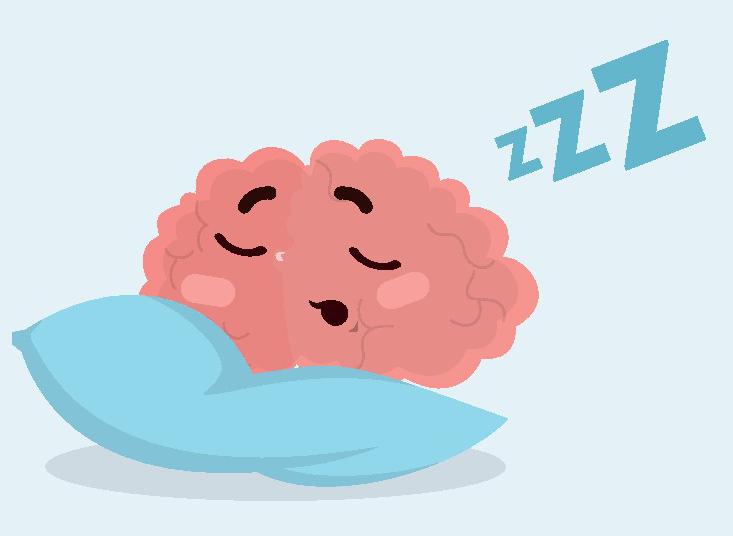
Most people spend at least a quarter of their lives sleeping and all animals seem to do it in one form or another, so it is a pretty important behaviour. Despite the large role that sleep has in our lives — in terms of the time spent doing it and the ill effects of not doing it — psychologists have not done that well at explaining sleep.
Giulio Tononi has come up with a new possibility. He suggests that sleep weakens rather than strengthens brain connections. Tononi and his team spent years collecting small chunks of brain tissue from mice who were either asleep or awake. They examined the synapses in the brain samples and found that those taken after a period of sleep were smaller and weaker than those taken before sleep. But this only happens to some synapses. The biggest/strongest synapses seemed to be protected. These big/strong synapses may be the ones that represent the most important memories and these memories are the ones that are preserved.
Your organisation does not have access to this article.
Sign up today to give your students the edge they need to achieve their best grades with subject expertise
Subscribe




